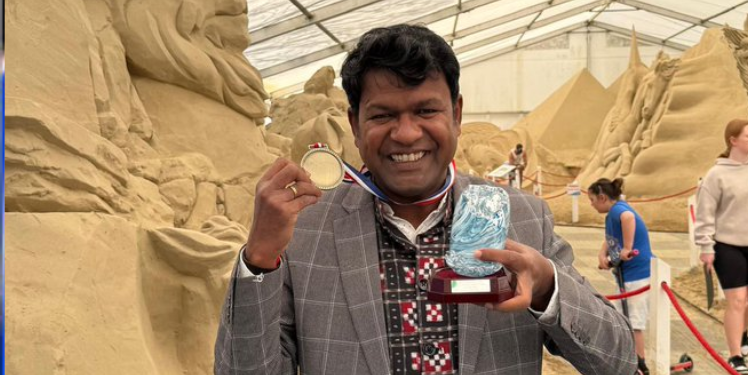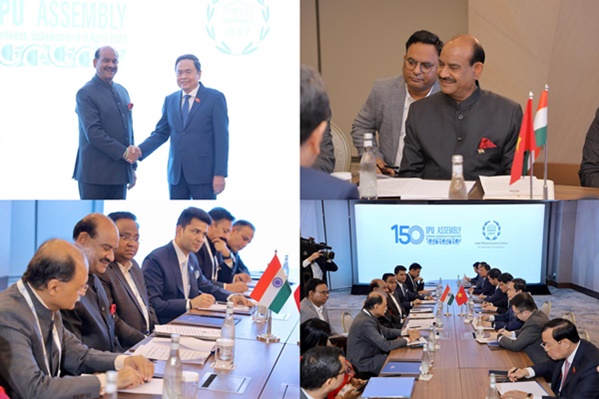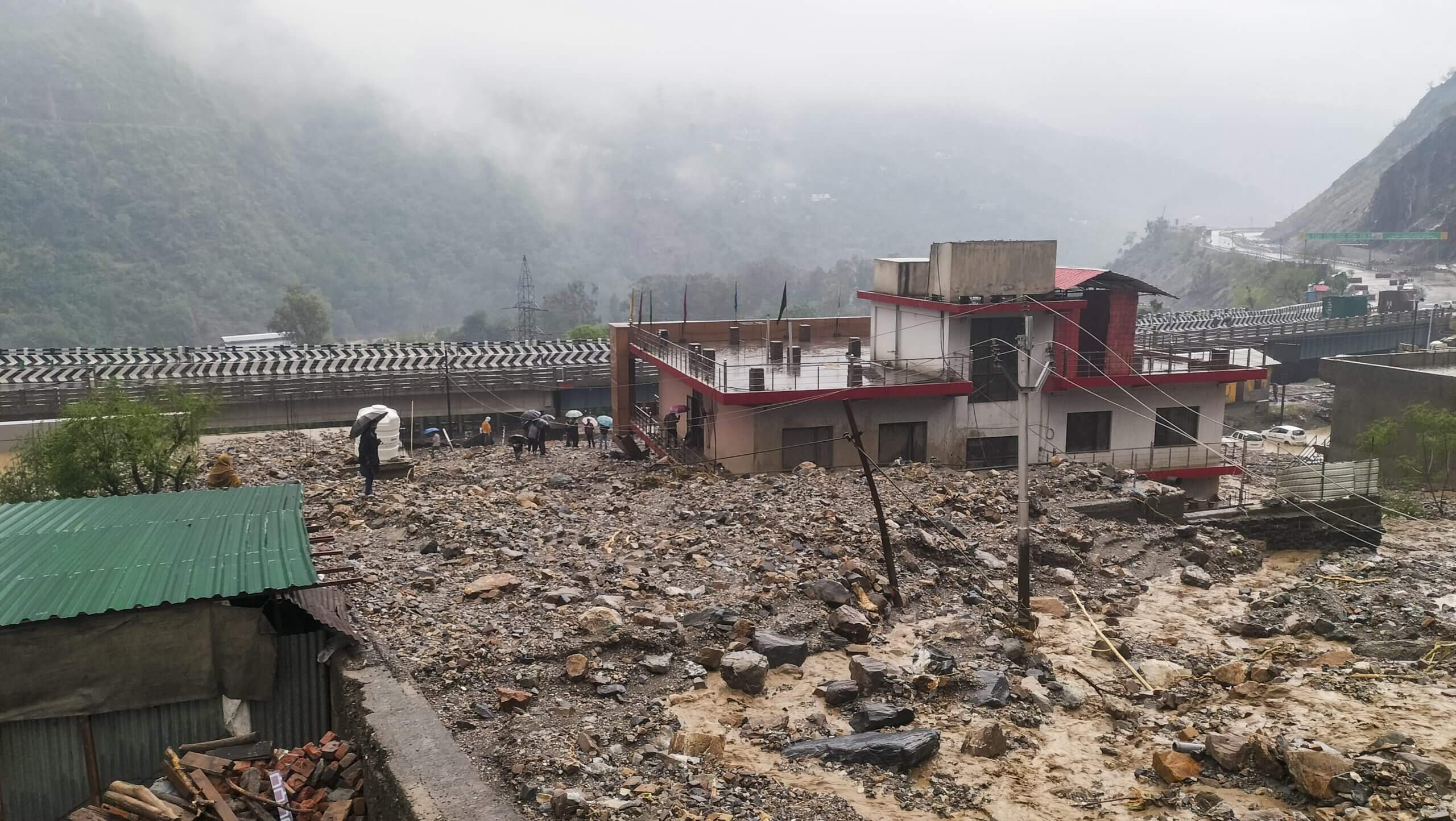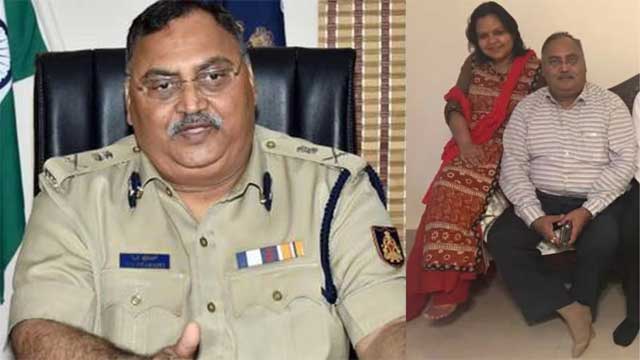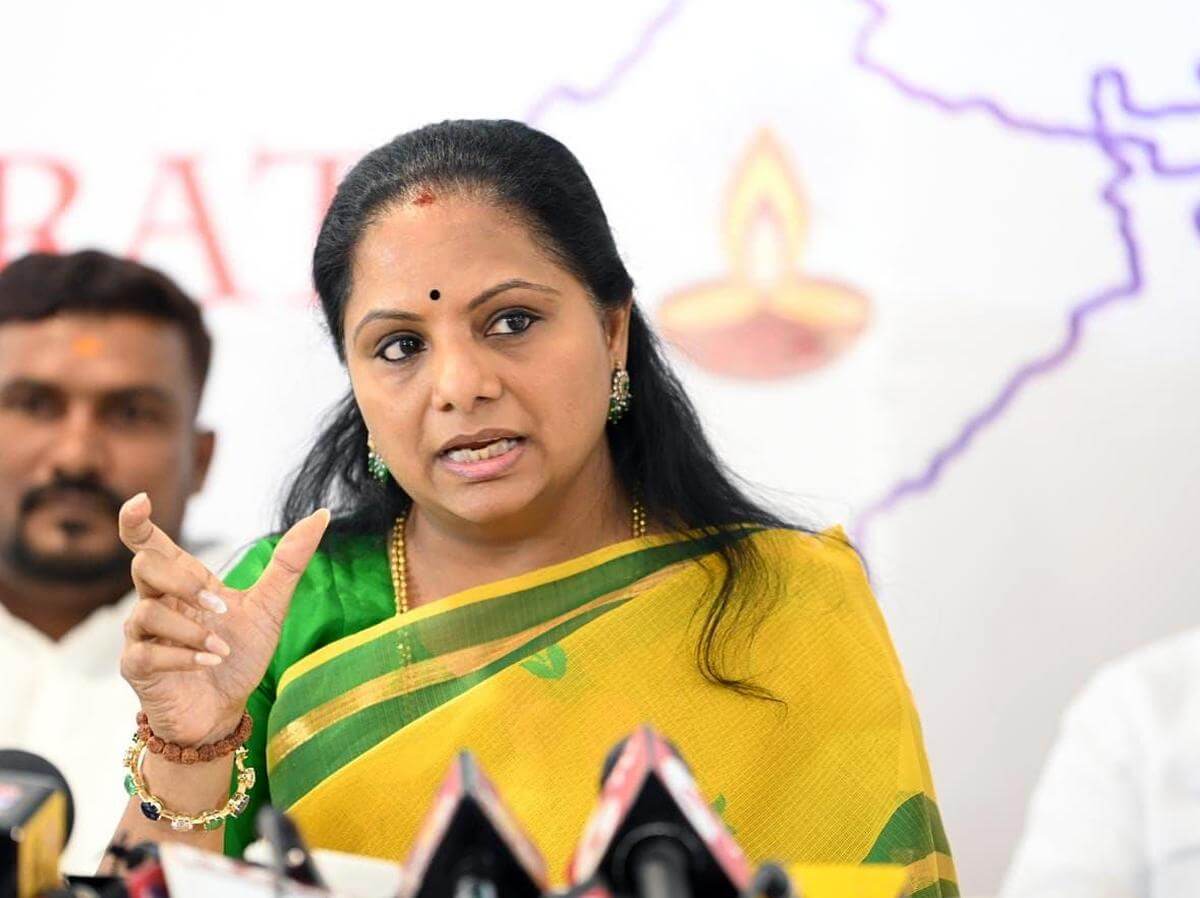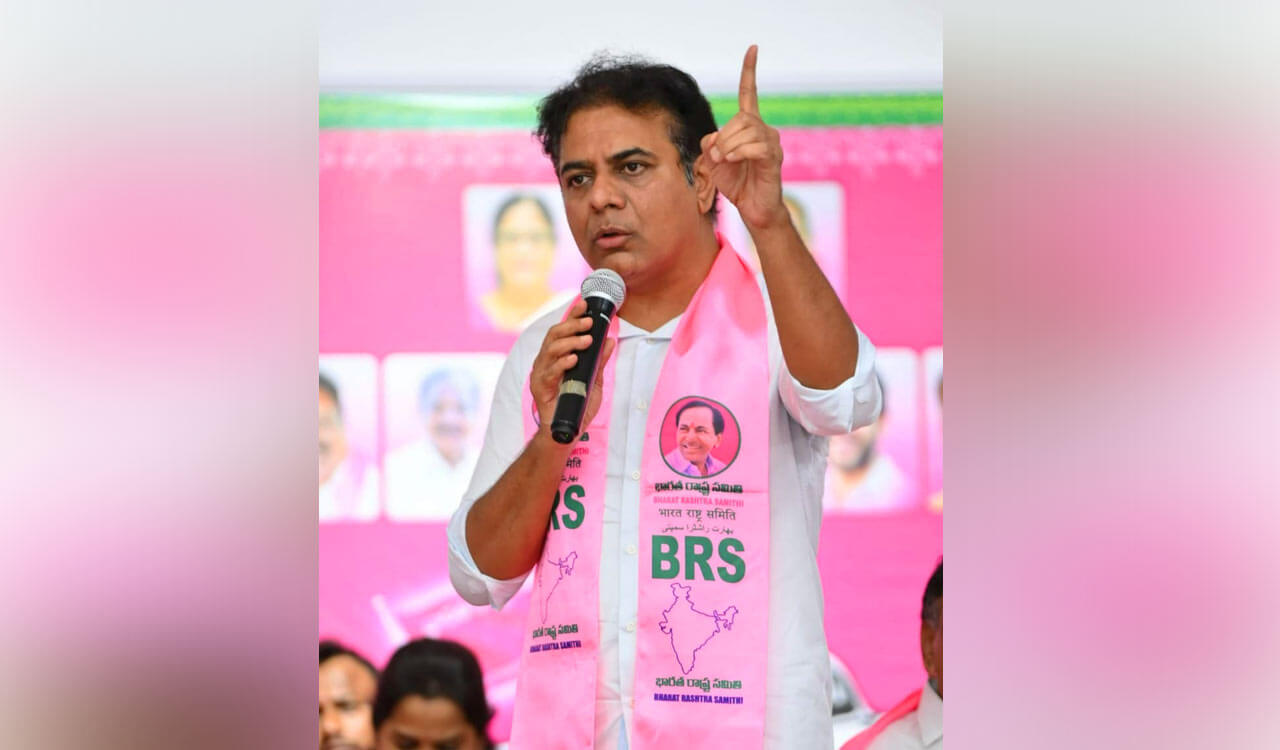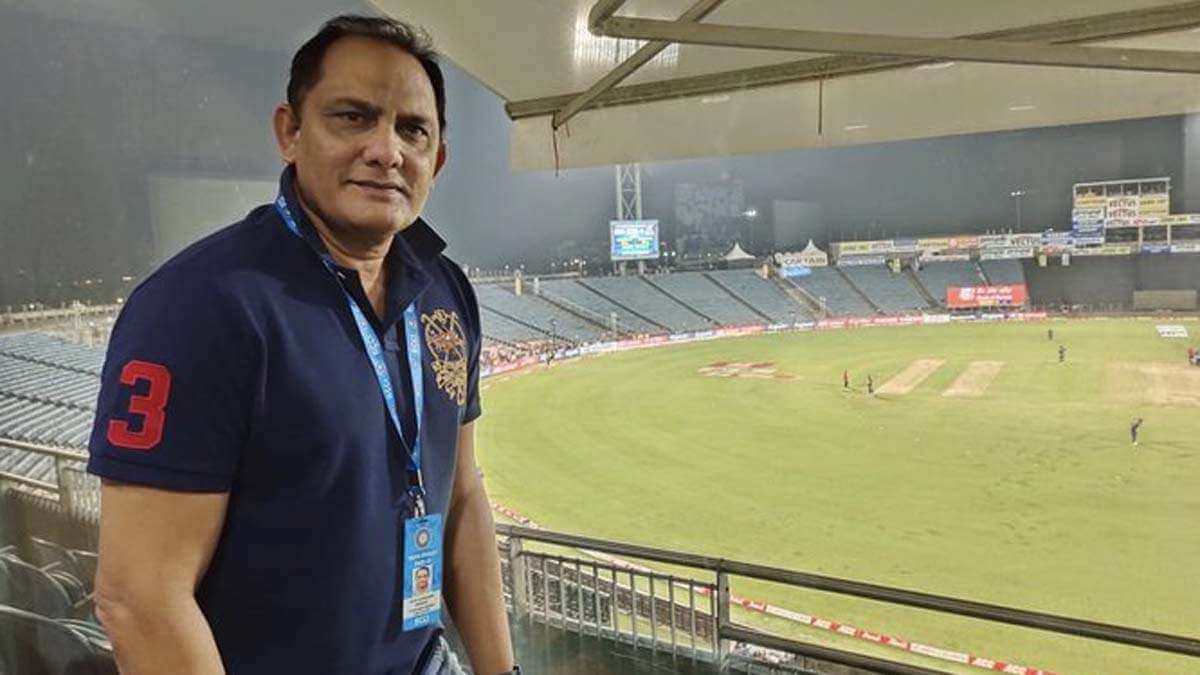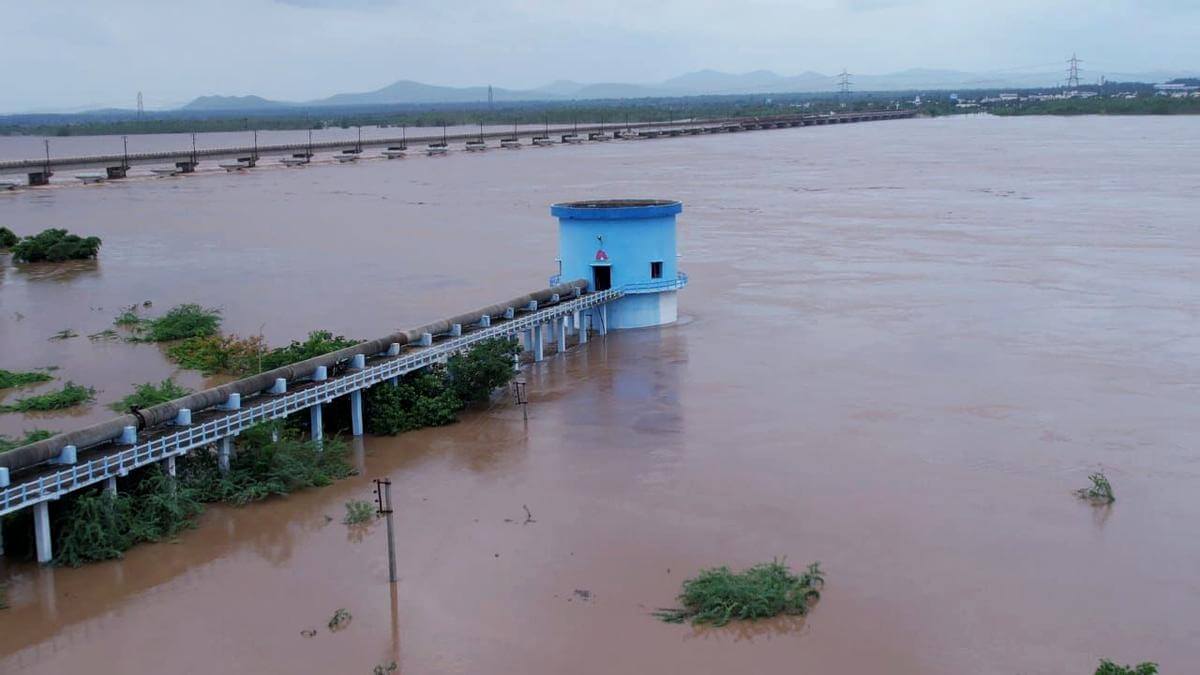India criticises 'frozen' UNSC that represents small minority
Wed 11 Jan 2017, 13:03:23
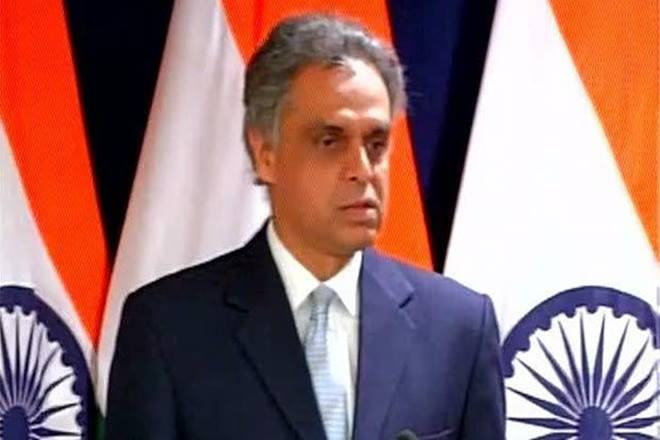
Criticising a "frozen" UN Security Council that represents a small minority of the world's population, India said only an "updated" and not "outdated" global institution can be effective in addressing the current challenges of conflict prevention and sustaining peace.
"While the world is changing, the institutional architecture primarily responsible for areas of peace and security remains frozen. The Security Council which takes decisions on behalf of 'we the people' represents an increasingly small minority of the world's population," India's Permanent Representative to the UN Ambassador Syed Akbaruddin said at a Council debate here yesterday on 'Conflict Prevention and Sustaining Peace'.
Akbaruddin said if the 15-nation Council has to make rules for "the people" and not just a small minority, it needs to adequately reflect new realities."Addressing new issues, threats and challenges of the twenty first century needs an updated, not an outdated instrument. A Security Council which has lost its legitimacy cannot be-an effective tool to address the challenges of conflict prevention and sustaining peace," he said.
With the established international order being upended in terms of economic, political and technological shifts, Akbaruddin said long-established states too are unable to fully respond to the "new factors and forces being unleashed".
"History teaches us that ungoverned
swathes often become grounds for competition or are storehouses for germination of new threats. Yet, we have no global governance architecture in frontier areas such as cyber, space and oceans. We ignore these at our own peril," he said.
swathes often become grounds for competition or are storehouses for germination of new threats. Yet, we have no global governance architecture in frontier areas such as cyber, space and oceans. We ignore these at our own peril," he said.
The Indian envoy stressed that prevention efforts can only be effective if they are undertaken with the consent and cooperation of the Member States concerned and are not seen as an imposition."As the saying goes 'you cannot shake hands with a clenched fist'," he said.
Akbaruddin told the Council meeting India believes that for the UN to develop a culture of conflict prevention, the world body needs to recognise that the primary responsibility for sustaining peace lies with Member States and the UN can only supplement what are essentially home-grown processes.
"The emphasis on analytical instruments and tools such as fact-finding, agenda setting, diplomatic initiatives, peace operations is important but is too narrow an approach...We provide too few resources to strengthen institutional inadequacies of Member States and instead focus on strengthening institutional arrangements of the UN," he said.
With efforts at prevention having failed to take firm institutional roots, Akbaruddin said such a scenario raises the question of why the international community has not got it right and whether the nations are using the right tools in the wrong way.
No Comments For This Post, Be first to write a Comment.
Most viewed from Specials
Most viewed from World
AIMIM News
Latest Urdu News
Most Viewed
May 26, 2020
Do you think Canada-India relations will improve under New PM Mark Carney?
Latest Videos View All
Like Us
Home
About Us
Advertise With Us
All Polls
Epaper Archives
Privacy Policy
Contact Us
Download Etemaad App
© 2025 Etemaad Daily News, All Rights Reserved.











